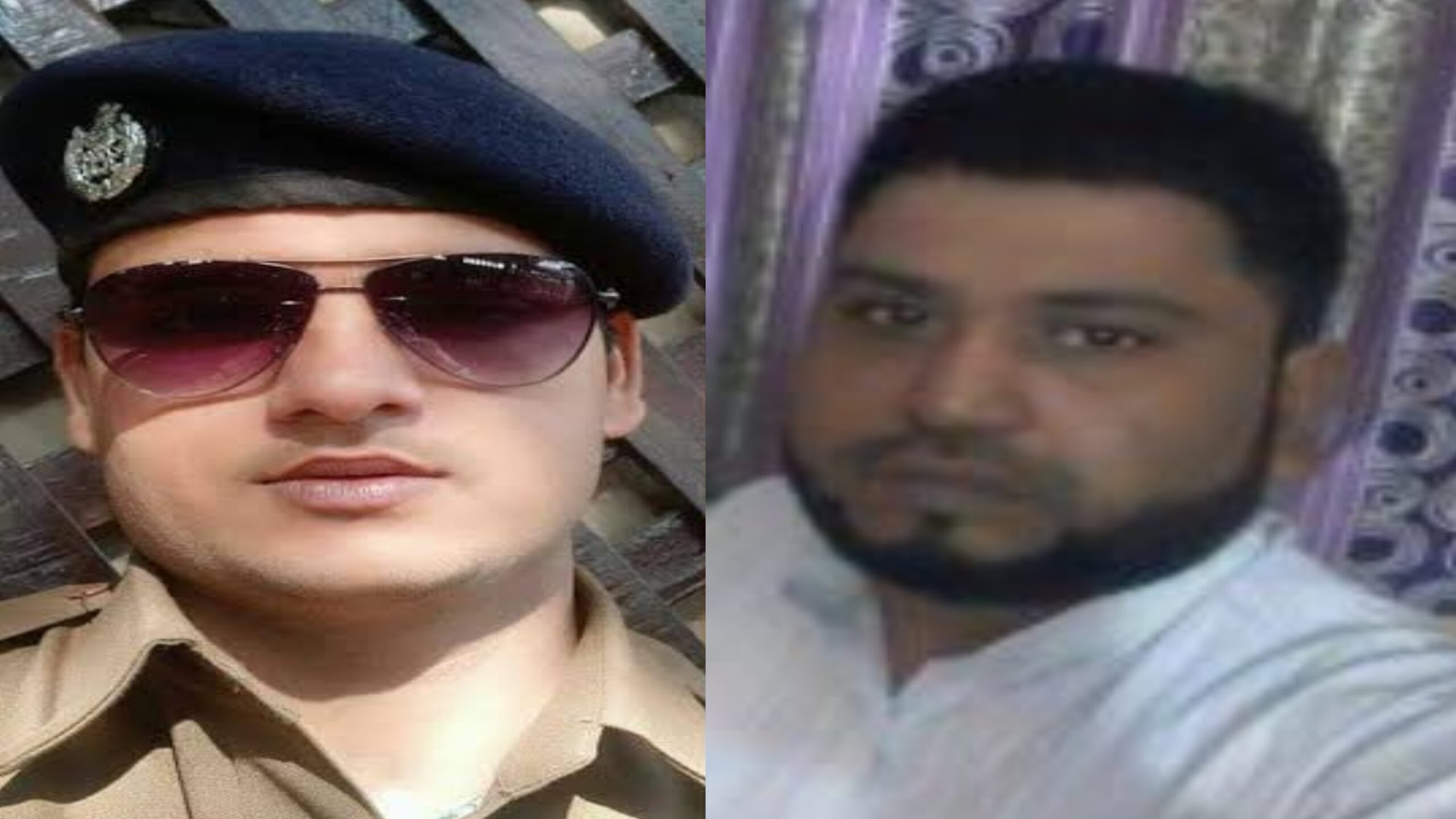“Kin of Hyderabad Man Killed in Jaipur-Mumbai Express Train Shooting Raise Concerns: Is Growing a Beard a Crime?”


Anguish Over Alleged Hate Crime: Hyderabad’s Battery Lane Residents Mourn Syed Saifuddin’s Targeted Killing
Residents of Battery Lane at AC Guards locality in Hyderabad are in distress over what they perceive as a “hate crime” – the targeted killing of Syed Saifuddin. The incident took place on July 31 aboard the Jaipur-Mumbai Central Express (12956) near Palghar railway station in Maharashtra. The alleged perpetrator, a 33-year-old Railway Protection Force (RPF) constable named Chetan Singh Choudhary, reportedly fired four rounds from his automatic rifle at his superior officer and Assistant Sub-Inspector Tikaram Meena. The constable was said to be angry as the officer refused to relieve him from duty early. Subsequently, he is believed to have gone through several train coaches, identifying Muslims and shooting three of them dead.
Syed Saifuddin, who had boarded the train, spoke to his cousin Syed Tajuddin before the tragic incident occurred. Tajuddin revealed that Saifuddin had traveled to Mumbai from Ajmer with their shop owner and another employer to visit Sharif Dargah, a spiritual site. Saifuddin and Tajuddin both worked at a mobile shop in Hyderabad’s Koti area, with Saifuddin serving as a mobile technician for over a decade. He was the sole breadwinner for his family, hailing from Hamilapur village in Karnataka’s Bidar district. He leaves behind three daughters, the youngest being just six months old.
The grieving relatives at Saifuddin’s Hyderabad residence struggled to accept the reality of his death. His wife, Anjum, initially wasn’t informed about his demise, but when others started gathering at their home, they had no choice but to share the tragic news with her. Saifuddin’s brother, Syed Yunus, traveled to Mumbai to bring his body back, and Nampally MLA Jaffer Hussain Meraj of the AIMIM provided assistance to the family.
Tajuddin and other relatives termed the incident a cruel act driven by religious prejudice. They claimed that the constable asked Saifuddin’s name before firing at him, indicating that he was targeted because he was a Muslim and had a long beard. This prompted accusations that the Bharatiya Janata Party-led Union government was fueling enmity instead of promoting communal harmony.
The incident raised concerns about public trust in the police force, as the accused constable, whose duty was to protect passengers on the train, allegedly killed people based on their religion. While the Western Railways authorities mentioned that the constable suffered from mental health issues and had a short temper, Saifuddin’s family and others refuted these claims, questioning how a mentally unwell person could differentiate between a Hindu and a Muslim and plan the murder of his superior officer.
Saifuddin’s family demanded justice and sought a compensation of Rs 5 crore from the Union government. They emphasized that no amount of money could fill the void left by Saifuddin’s death, but financial support would help the family rebuild their lives. The accused constable was booked under Section 302 (murder) of the Indian Penal Code and sent to police custody until August 7.
The fourth victim of the #JaipurExpressTerrorAttack has been identified as Syed Saifullah. He was a resident of Bazaarghat, Nampally. He is survived by 3 daughters, the youngest is just 6 months old. AIMIM Nampally MLA @Jaffarhusainmla is with the family for the past few hours &…
— Asaduddin Owaisi (@asadowaisi) August 1, 2023
AIMIM president and Hyderabad MP Asaduddin Owaisi, along with others on social media, referred to the incident as a terror attack targeting Muslims. However, Owaisi’s tweet on the matter was later blocked by the platform, following a request from the Government of India, citing a violation of the Information Technology Act, 2000.
In the midst of this tragedy, the community mourns Saifuddin’s loss and seeks accountability for the alleged hate crime, while questioning the government’s role in promoting harmony among citizens.


